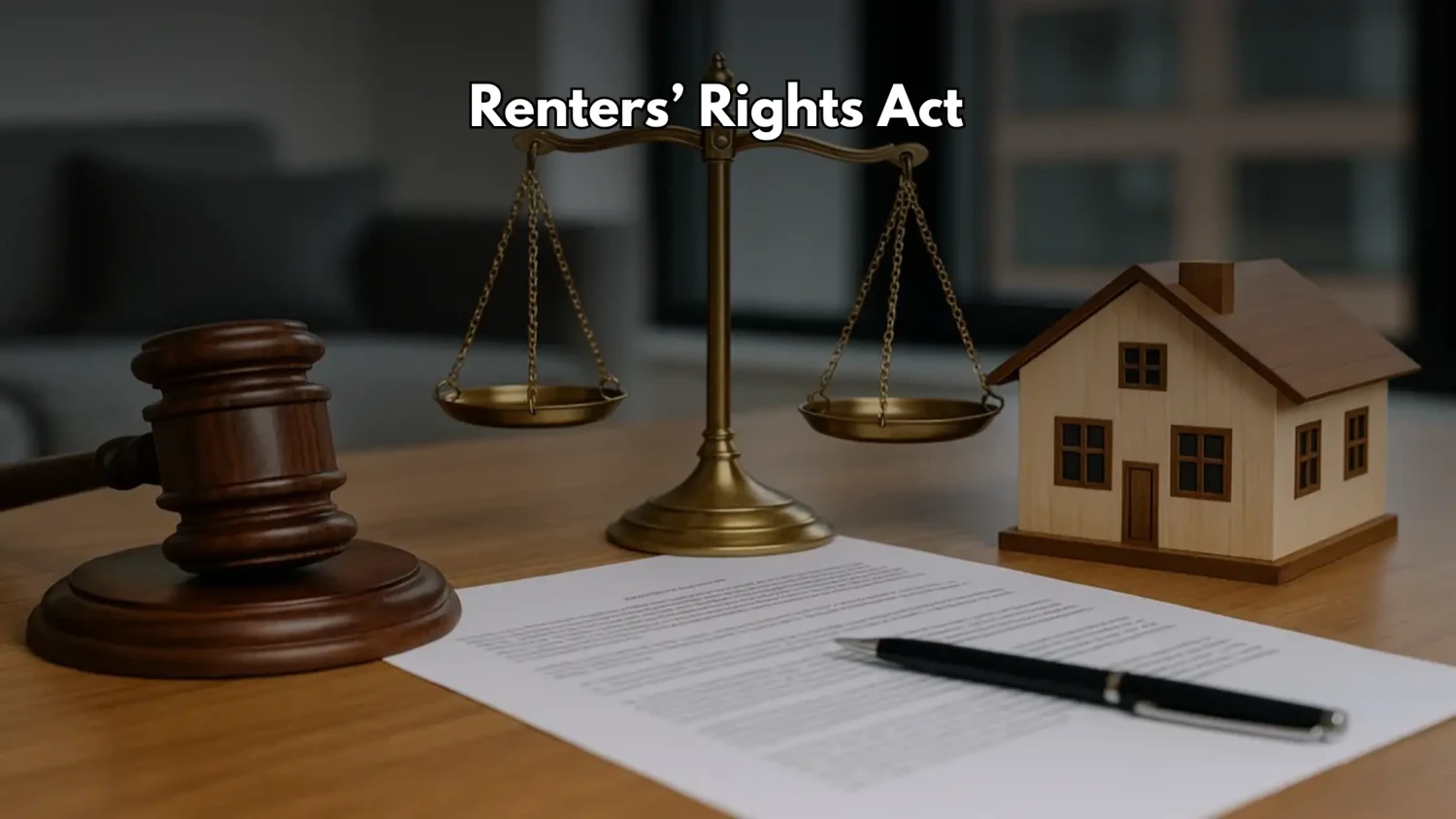
Studying abroad offers numerous opportunities for personal growth and career development. For international students studying in the United Kingdom (UK), gaining work experience during or after their studies is often a desirable goal. To work legally in the UK, international students must be aware of the work visa requirements. In this blog post, we will outline the main types of work visas available for international students in the UK and the requirements associated with them.
Tier 4 Student Visa: International students studying at a recognized UK educational institution are generally granted a Tier 4 student visa. While this visa primarily allows students to study in the UK, it also allows limited work rights. Under this visa, students can work up to 20 hours per week during term time and full-time during scheduled holidays. However, there are some restrictions on the types of employment allowed, such as self-employment or working as a professional sportsperson.
Tier 5 (Temporary Worker) Visa: After completing their studies, international students may wish to gain further work experience in the UK. The Tier 5 (Temporary Worker) visa provides an opportunity for recent graduates to work in a skilled job, undertake professional training, or participate in a government-authorized exchange program. This visa category includes various subcategories, such as the Youth Mobility Scheme, the Government Authorized Exchange Program, and the International Agreement Scheme. Each subcategory has its own specific requirements and limitations, so it is crucial to carefully review the eligibility criteria.
Tier 2 (General) Visa: The Tier 2 (General) visa is designed for individuals who have secured a skilled job offer in the UK from a licensed sponsor. International students who graduate from a UK institution and have a job offer in a skilled occupation at an appropriate skill level may be eligible for this visa. It is important to note that the Tier 2 (General) visa requires the employer to sponsor the applicant, and there are specific requirements regarding the job offer, salary, and English language proficiency.
Start-up and Innovator Visas: For entrepreneurial-minded international students who have innovative business ideas, the UK offers the Start-up and Innovator visa categories. The Start-up visa is suitable for those who are starting a new business for the first time, while the Innovator visa is aimed at more experienced businesspersons. Both visas require endorsement from an approved endorsing body and meeting specific criteria related to innovation, viability, and scalability of the proposed business idea.
Global Talent Visa: The Global Talent visa is designed to attract highly skilled individuals, including researchers, scientists, engineers, and academics, to work in the UK. This visa category allows for flexibility in terms of employment, enabling individuals to work in any field and change employers without the need for sponsorship.
Tier 1 Graduate Entrepreneur Visa: The Tier 1 Graduate Entrepreneur visa is designed for international graduates who have developed a genuine and credible business idea in the UK. This visa allows individuals to stay in the UK for an extended period to establish their business. However, this visa category is being phased out, and from July 2021, it is no longer open to new applicants. It is important to check for any updates or alternative options available for international graduates.
Post-Study Work Visa: As of September 2020, the UK introduced the Graduate Route, which allows international students who have completed a degree at a recognized UK institution to stay and work in the UK for up to two years (or three years for Ph.D. graduates). This visa does not require a job offer or sponsorship and provides flexibility for graduates to seek employment and gain valuable work experience.
English Language Proficiency: Most work visa categories in the UK require proof of English language proficiency. Commonly accepted language tests include the International English Language Testing System (IELTS) and the Test of English as a Foreign Language (TOEFL). It is essential to achieve the minimum required scores in these tests to meet the visa application criteria.
Financial Requirements: Certain work visa categories, such as the Tier 2 (General) visa, have financial requirements that must be met. Applicants may need to demonstrate that they have sufficient funds to support themselves during their stay in the UK, including accommodation and living expenses.
Visa Application Process: Understanding the visa application process is crucial to ensure a smooth and successful application. Applicants must gather all the required documents, complete the online application form, pay the relevant fees, and attend a biometric appointment. It is advisable to apply well in advance of the intended start date of employment to allow sufficient time for processing.
Immigration Health Surcharge: Most work visa applicants are required to pay the Immigration Health Surcharge, which grants access to the National Health Service (NHS) in the UK. The surcharge is paid upfront as part of the visa application process and provides access to healthcare services during the visa validity period.
Changes and Updates: Immigration policies and visa requirements can change over time. It is essential to stay updated with the latest information from the UK government's official immigration website or consult with an immigration advisor to ensure you have the most accurate and current details for your specific circumstances.
Conclusion: Navigating the work visa requirements in the UK can seem daunting, but with the right information and preparation, international students can pursue their career goals and gain valuable work experience in the country. By understanding the various visa options, eligibility criteria, and application process, students can make informed decisions and take the necessary steps to secure their work authorization in the UK. Remember to consult with the appropriate authorities or seek professional advice for personalized guidance throughout the visa application process.









